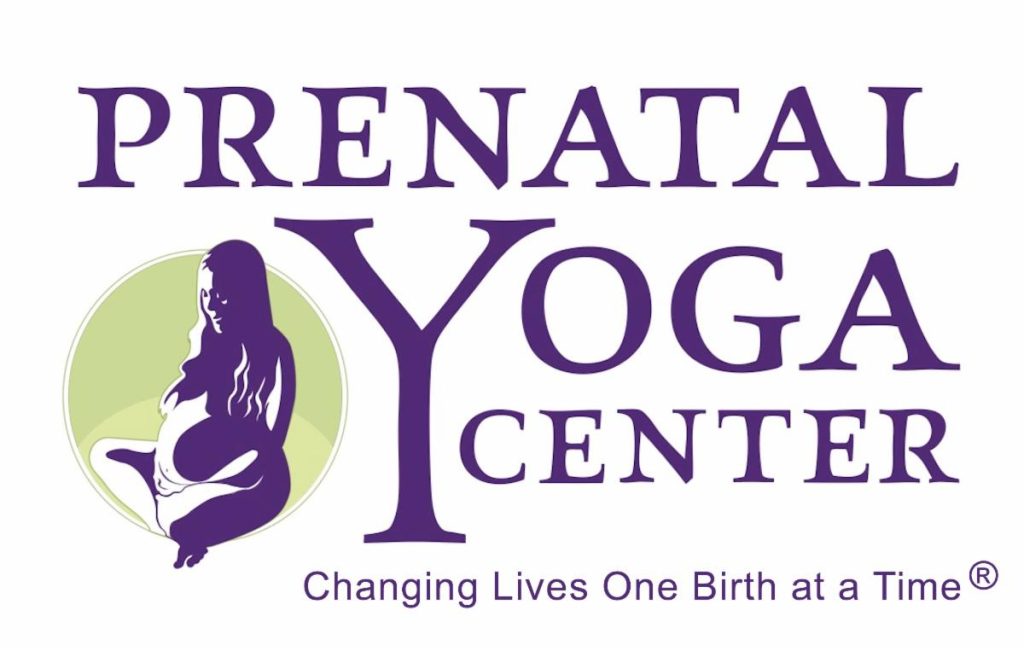Take a close look at this chart about maternal mortality and you will see the sad fact that the US is ranked 50 in the world! Despite the fact that the US spends more on health care per capita than any other nation in the world, we have more then doubled our maternal mortality rate in the past 25 years and this figure doesn’t seem to be slowing down.(1)
It is believed some of the contributing factors to our high maternal mortality ranking are:
*Complications during pregnancy and childbirth are a significant cause of death among adolescent girls, ages 15-19, resulting in nearly 70,000 deaths each year.(2)
*Lack of good, accessible, non-discriminating prenatal care. Eighty percent of maternal deaths could be prevented by cost-effective, timely health care before, during and after childbirth, including family planning, skilled attendance at birth, emergency medical services and care in the weeks after birth.(3) Women who receive no prenatal care are three to four times more likely to die of pregnancy-related complications than women who do.(4)
*Overuse of medical interventions! “We are unaware of any study indicating that the 56% increase in the rate of surgical births from 1996 to 2008 as improved outcomes. However, there are data to show that the overuse of medical procedures has increased both infant and maternal morbidity.”(5)
While these staggering numbers are shocking, I (naively?) believe that with better education and health care available to everyone despite race and socioeconomic status these numbers can change. Women also need to start taking responsibility for their own health. We need to be willing to ask questions and fully understand the risk versus the benefits of medical interventions and not submit to unnecessary interventions in exchange for convenience.
What are your thoughts about the US maternal mortality ranking?
Sources
1. http://www.everymothercounts.org/sites/default/files/upload/fact-sheet_10-things-to-know_everymothercounts_apr-2012.pdf
2. http://abcnews.go.com/Health/maternal-health-numbers/story?id=15172525
3. http://abcnews.go.com/Health/maternal-health-numbers/story?id=15172525
4. http://www.arhp.org/publications-and-resources/contraception-journal/march-2011
5. http://www.arhp.org/publications-and-resources/contraception-journal/march-2011







